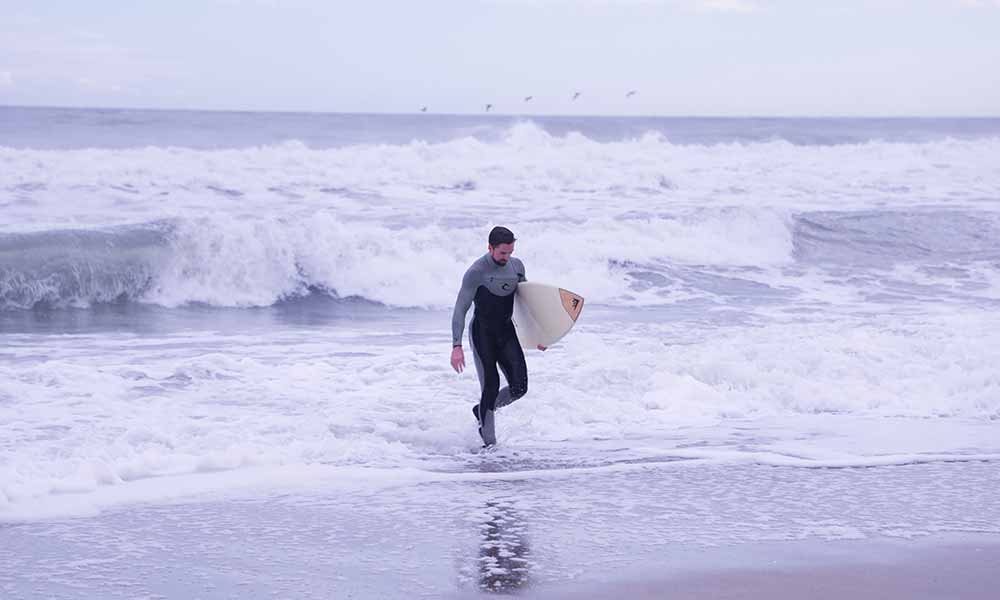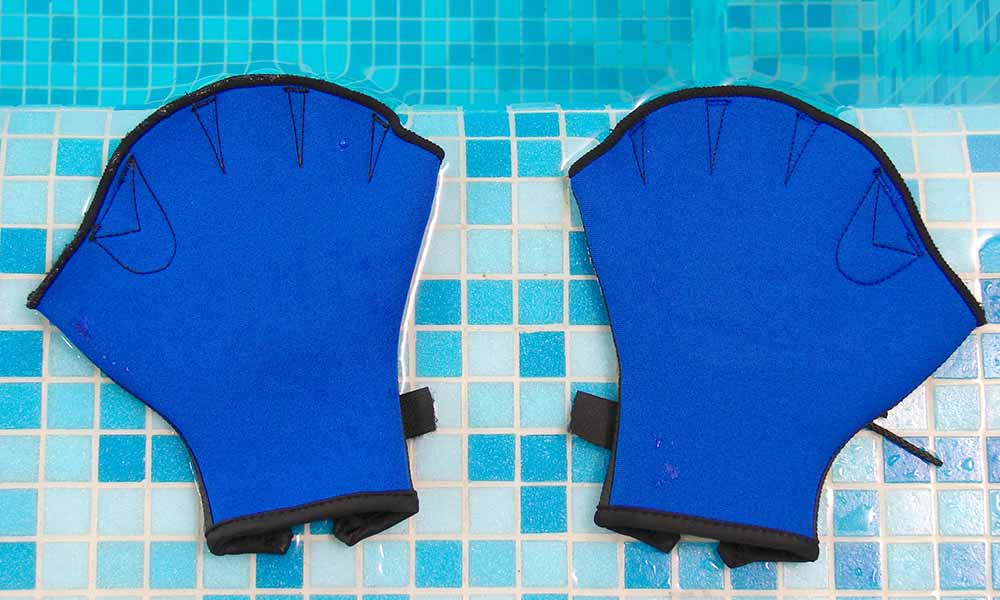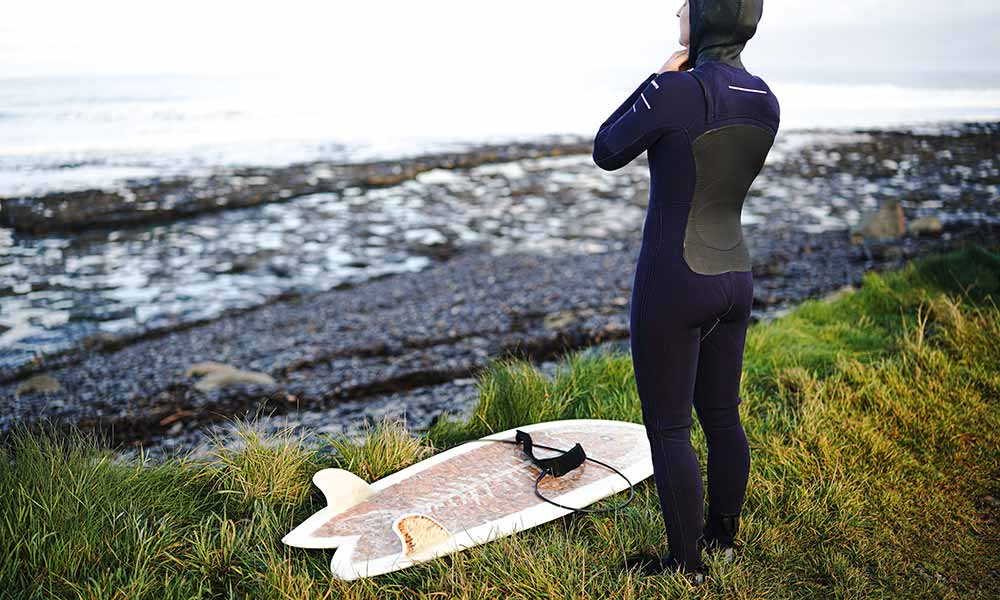If you have surfed for more than a minute you have dreamt of living on an island in Hawaii surfing and maybe kayaking, snorkeling and drinking out of coconut at night at a tiki bar.
Sometimes dreams don’t live up to the reality. Enter island fever and it happens even in Hawaii.
What Is Island Fever?
Island fever is characterized as feeling claustrophobic due to the close proximity of the shoreline.
Many people feel isolated and disconnected from the outside world.
This is a common experience many people have while spending time on islands for an extended period of time.
It’s common for some people from the mainland to feel anxious, irritated, and depressed the longer they stay on an island, be it the Big Island of Hawaii, Maui, Oahu or another island.
Some people have abnormal thoughts, while others may feel a lack of intellectual stimulation.
The sensations that come with island fever may only occur when you’re near the shoreline.
Many people feel stuck and dream of relocating back to the mainland.
Some studies show that the size of the island also influences how quickly residents begin to experience the feeling.
Both islanders and mainlanders can be affected, but it’s known to affect those who didn’t grow up on the island more severely.
Those who grew up in Wisconsin, for example, and move to Hawaii are likely to experience island fever more than someone who was born and raised on the island.
Can Island Fever Happen in Hawaii?
Many people often dream of living in Hawaii and spending time in paradise but don’t realize how real island fever is until they spend more than a few weeks on one of the islands.
Most people aren’t immune to the feelings, even if they’re in a beautiful tropical location where many people come to vacation such as Hawaii.
Most tourists aren’t prone to getting island fever because they limit their trip to one to two weeks.
How Long Before Island Fever Sets In?
Island fever usually develops after six months of living on the island full-time.
Each person is different with how long it takes for the symptoms and feelings to begin developing.
An individual’s schedule, contact with other people, and mental health significantly determine when island fever begins and how long it takes to recover from.
How To Cope With Island Fever?
The best way to deal with over island fever is to embrace it and understand that it’s only temporary in most cases.
Try to stay busy and find activities that you enjoy, whether you take surf lessons or find new restaurants to eat in the downtown area.
Meeting new people can also help you to feel less isolated and lonely.
Social interaction is extremely effective in treating island fever and can help take your mind off your negative thoughts and emotions.
Taking day trips to mainland cities can also make it easier to have an escape and explore a new location to avoid feeling trapped can help mitigate symptom of island fever.
Keeping your schedule full and having new experiences will make it a smoother transition when adjusting to living on an island for just about any period of time.
How To Get Over Island Fever?
One of the best ways to get over island fever is to take vacations off the island every few months to ensure you can take a break and avoid feeling isolated.
Reading magazines and newspapers from the mainland can also allow you to feel like you still have a connection to the outside world and feel included with the what’s occurring with the rest of the world.
Enjoying entertainment with films and shows throughout the week can also help you to avoid placing too much of your focus on the island.
Participating in different activities you enjoy is also necessary to ensure you feel fulfilled and satisfied.
Watch the sunset each evening on the beach or try a water activity on the weekend to relax and have fun.
Forming new relationships and friendships can also help you to stay busy and feel fulfilled.
Many people suffer from island fever when they fail to engage with other people and feel isolated from their family and friends back home.
This means finding people outside of your spouse or children that can help offset some of the island fever.
Maintaining a steady routine is also refreshing and can allow you to maintain your mental health while working to overcome island fever.
Knowing what to expect with a systematic process can offer a sense of security and allow you to feel more in control of your life while living in a new place.
Is Oahu Big Enough To Prevent Island Fever?
Although Oahu is one of the most beautiful places in the world and is one of the larger islands of Hawaii, many people still experience island fever here.
There are many beaches, trails, and parks to visit on the island to ensure you stay busy, but you can still experience island fever after six months once you’ve spent a significant time exploring the local attractions.
Because the island of Oahu is larger, it may take longer to feel isolated compared to smaller Hawaiian Islands such.
Maui and Kauai are one of the most common islands where island fever occurs because it’s a smaller island.
Symptoms Of Island Fever?
Those who experience acute island fever can feel trapped or confined to a small space.
This can quickly lead to brain drain.
Many people who have to relocate to an island for a job or the military are known for talking about island fever.
It’s common to start to yearn for activities or interactions you took for granted back home.
Some people feel bored and can’t find enough to do during the week in their free time.
Other people struggle to adjust to life on the island and the different resources available.
Feeling homesick is extremely common and is often enough to make many people move back home to the mainland.
It’s also common to feel fatigued and tired, which is even more severe when the temperatures rise during the warmer seasons.
Transplants can often lack energy or motivation to meet new people and spend time dwelling on everything they miss.
Many symptoms of island fever are similar to those of depression.
Stages Of Island Fever
Some people have reported that island fever happens in stages.
The stages of island fever include sadness, irritation, impatience, and even depression in severe cases.
Suicidal thoughts can also develop if the feelings become too severe and dominate the individual’s mind.
The feelings may settle once the individual goes through each stage.







